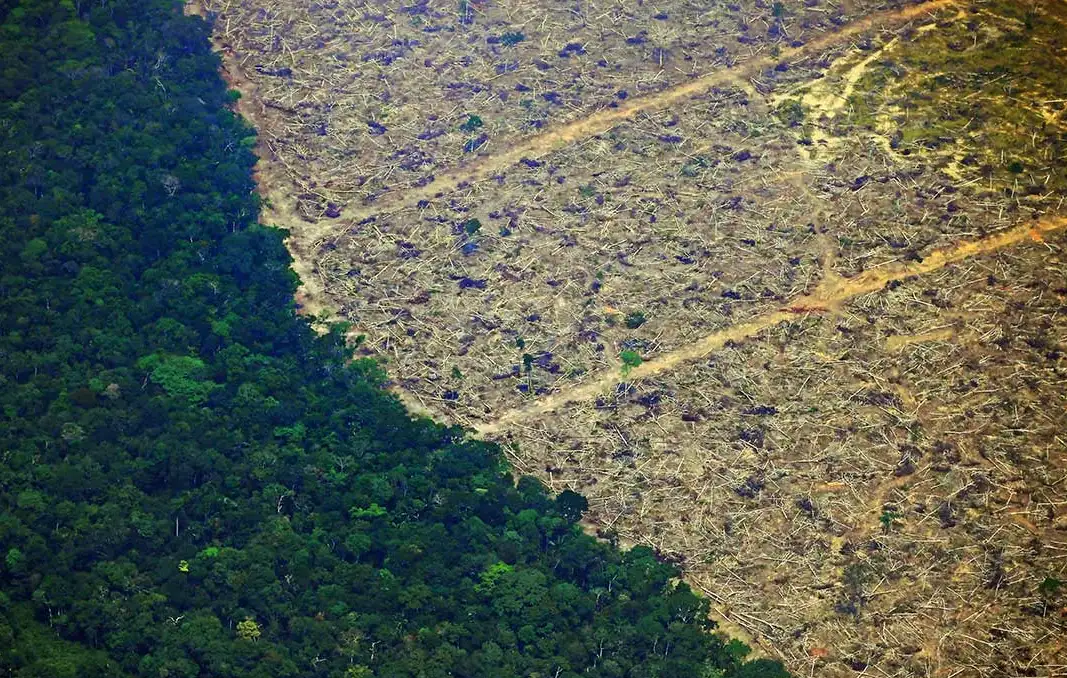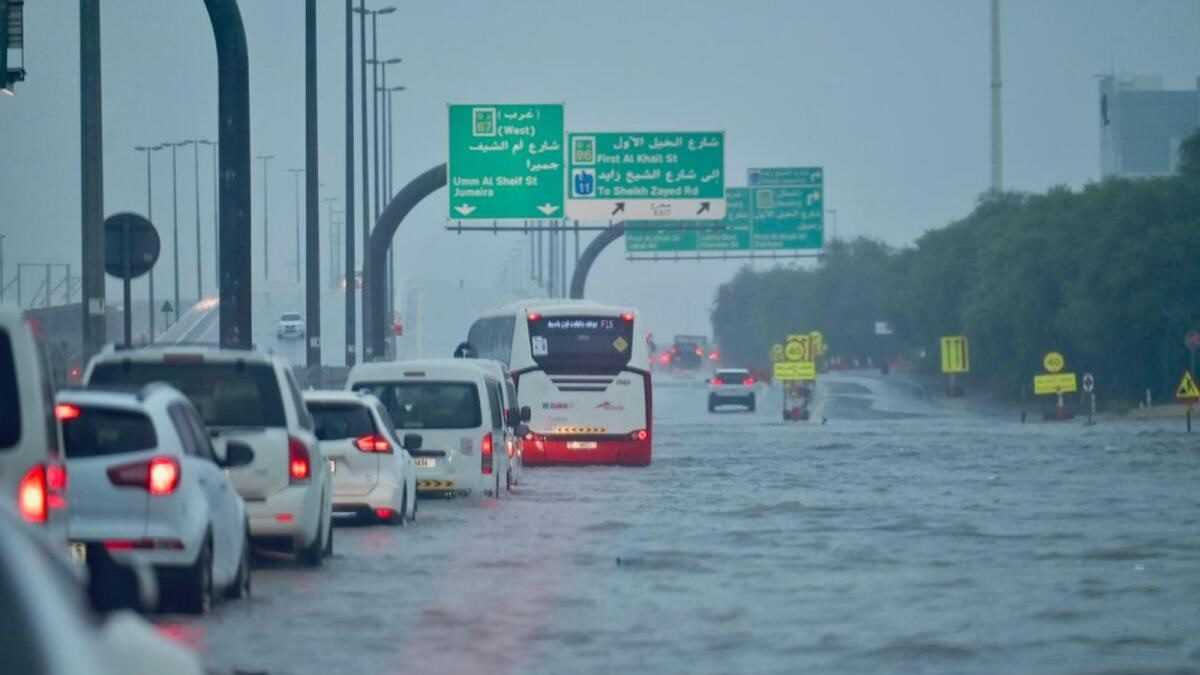Now Reading: The Hidden Truth Behind Today’s Environmental Crisis Exposed 2025!
-
01
The Hidden Truth Behind Today’s Environmental Crisis Exposed 2025!
The Hidden Truth Behind Today’s Environmental Crisis Exposed 2025!

Table of Contents
The world is facing one of its biggest challenges ever: an environmental crisis that threatens life on Earth as we know it. From rising temperatures to disappearing forests, the warning signs are everywhere. Yet many people still do not realize how serious and urgent this situation is.
In simple terms, an environmental crisis happens when human activities or natural disasters damage nature so badly that it affects people, animals, and plants. Today, our actions are harming the environment faster than ever before. This is putting our air, water, land, and even our health in grave danger.
What Is Causing the Environmental Crisis?

There are many reasons behind this global emergency. One of the biggest is climate change, caused by greenhouse gases such as carbon dioxide from burning coal, oil, and gas. These gases trap heat in our atmosphere, making the planet warmer. As a result, we see melting ice caps, rising sea levels, and stronger storms.
Another reason is deforestation, which means cutting down forests. Trees are vital because they absorb carbon dioxide and produce oxygen. But every year, millions of trees are destroyed for timber, farming, or urban development. This loss of forests means less clean air and fewer homes for wildlife.
Pollution is also a huge factor. Chemicals from factories, plastic waste, and even car exhaust are poisoning our soil, rivers, and oceans. These pollutants harm animals and humans alike. Microplastics have even been found in the food we eat and the water we drink.
Overpopulation is another driver. As the world’s population grows, so does the demand for food, water, and energy. This puts more pressure on nature and leads to the overuse of resources.
The Effects of the Environmental Crisis
The results of these problems are already visible. Heatwaves, droughts, floods, and wildfires have become more frequent and deadly. Millions of people have lost their homes and livelihoods because of these disasters.
Animals are also suffering. Many species are disappearing forever because they cannot survive in changing environments. Coral reefs, which are like underwater cities full of life, are dying due to warmer seas and pollution.
Food security is also at risk. Crops fail during droughts or floods, and fish stocks are falling due to overfishing and ocean pollution. This means many communities struggle to find enough food.
Air pollution is another dangerous effect. Breathing in dirty air causes asthma, lung disease, and even heart attacks. According to the World Health Organization, around seven million people die each year because of air pollution.
Why Should We Care?
Some people think the environmental crisis is far away or will not affect them. But the truth is, everyone on Earth will feel its impact. The air we breathe, the water we drink, the food we eat, and the weather we live with — all these are changing fast.
For example, rising sea levels threaten to flood cities, forcing millions to leave their homes. Heatwaves can kill thousands of people and damage power systems. More diseases could spread as temperatures rise and insects move to new areas.
The environmental crisis is not just a nature problem — it is a human problem. It affects our health, our jobs, and our children’s future.
What Can We Do to Fix It?
Even though the situation is serious, there is still hope. Governments, companies, and individuals can all take action to slow down and maybe even reverse the damage.
Governments can create laws to reduce pollution and protect forests. They can support renewable energy like solar and wind power instead of fossil fuels.
Companies can use greener methods of production, cut down on plastic packaging, and invest in clean technology.
As individuals, we can make simple choices every day to help. We can use public transport, eat less meat, recycle more, and save energy at home. Small steps from many people can add up to a big change.
We can also support organizations and charities that work to protect the environment. And we can speak up, asking our leaders to take stronger action.
Success Stories Give Us Hope

Around the world, there are positive examples of people fighting back. In Costa Rica, the government has restored rainforests, bringing back birds and animals that had vanished. In India, volunteers are cleaning rivers once choked with waste. Many cities are switching to electric buses and banning plastic bags.
These successes prove that change is possible if we work together.
Final Thoughts
The environmental crisis is real, urgent, and dangerous — but it is not hopeless. By understanding the causes and effects, we can all become part of the solution. The future of our planet is in our hands, and there is no time to waste.
If we act now, future generations will thank us for saving the only home we have.
Read More:- Deyaar’s Latest Announcement Shakes Up the UAE Property Market






















